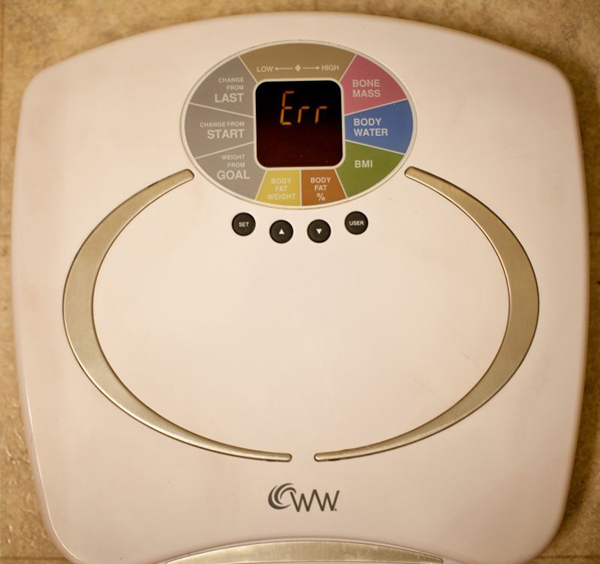- La Feria Community Holds Succesful Business Mixer Event
- Little Nashville to Take Place in Downtown Mercedes
- Lions Basketball Captures District Gold
- La Feria ISD Students Compete in Regional Chess Tournament
- Lions End First Half of 32-4A on a High Note
- La Feria ISD Held Another Successful Parent Conference
- Strong Appearance for Lions at Hidalgo Power Meet
- LFECHS Students Get to Meet Local Actress
- Students Participate in Marine Biology Camp
- Two LFECHS Students Qualify for All-State Band
Doctor Visit: Best Prescription for Keeping Healthy Resolutions
- Updated: February 20, 2015
by John Michaelson/TNS

A new survey says Americans trust their doctors more than anyone to give them advice on losing health and other health issues, yet they most often seek medical advice from online sources. Photo: Paul H./Flickr.
AUSTIN, Texas – An apple a day may keep the doctor away, but one medical expert says it’s important to keep the doctor close by when making a pledge for better health.
According to a new survey, a majority of Americans want to make changes to their diet and exercise routines this year – yet only about half of them will consult their doctor as part of the process.
They’re bypassing a valuable resource, said Dr. Glen Stream, who chairs the board of Family Medicine for America’s Health, since generally no one knows a person’s specific health issues better than their primary-care physician.
“Your family doctor can help sort through all of those potential options as far as different diets are out there, to find the one that may both be the most effective, but also the safest and the most medically appropriate for us,” he said.
Stream said he understands that some people are embarrassed or nervous about discussing diet and exercise with their doctor, but added that a personal physician should be considered an ally.
“So often, patients come in with medical issues that are so difficult to treat,” he said. “I think if the patient comes in and says, ‘You know, I’m ready to change my lifestyle and I want you to help me,’ those sorts of interactions – for me, as a physician – make my day.”
Stream said money spent on treatment of medical conditions far exceeds the cost of prevention, and more emphasis on primary care and prevention could help address the country’s growing rates of chronic disease.
“Investing in this type of primary care and wellness not only promotes better health status,” he said, “but we know that that investment helps reduce the total cost of our health-care system, and that’s important to everybody.”
According to the survey from Family Medicine for America’s Health, people have the most trust in physicians to provide advice about healthy behaviors, yet they turn most often to online sources.
Details of the survey are online at healthisprimary.org.


